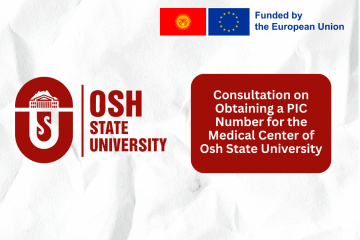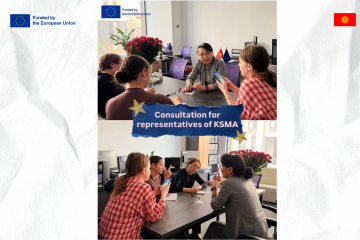One of the four international Erasmus+ actions, ICM funds short-term higher education mobility of students and staff between Programme and Partner Countries. The action is decentralised and managed by the National Agencies of the 33 Erasmus+ Programme Countries.
In 2017, a total of 1,297 eligible applications were received and each application included an average of 5 Partner Countries. Ultimately, 912 projects were selected for funding, bringing the success rate of funded proposals to 70%, up from 53% and 58% after the first rounds of the 2015 and 2016 calls respectively.
Aggregated data from successful 2017 projects indicate that over 40,500 individual grants will be awarded to students and staff over the next two years, up by 12% compared to the previous call, despite a comparatively modest 7.5% increase in the budget. This trend is explained by an appreciable increase in the number of staff mobilities funded, which cost less than student mobilities. Staff mobility will account for almost 60% of grants awarded, an increase of 5% since 2016, and 14% since 2015. While promoting the programme, the Commission has repeatedly emphasised that staff mobility has systemic impacts for participating HEIs and that this activity is a good place to start with new partners.
Close to 25,000 mobilities (two-thirds) will be incoming to the 33 European Programme Countries, compared to 23,000 in 2016. Over 15,600 will be outgoing to Partner Countries around the world, compared to 13,000 in 2016. The share of outgoing mobility in relation to incoming mobility has continued to grow, by 2% compared to the 2016 call, and 8% compared to the 2015 call.
In 2017 Kyrgyzstan had submitted 75 applications 39 of which had been selected, success rate is 52%. There will be 159 outgoing mobilities from Kyrgyzstan to Europe and 63 incoming mobilities from Europe to Kyrgyzstan.


